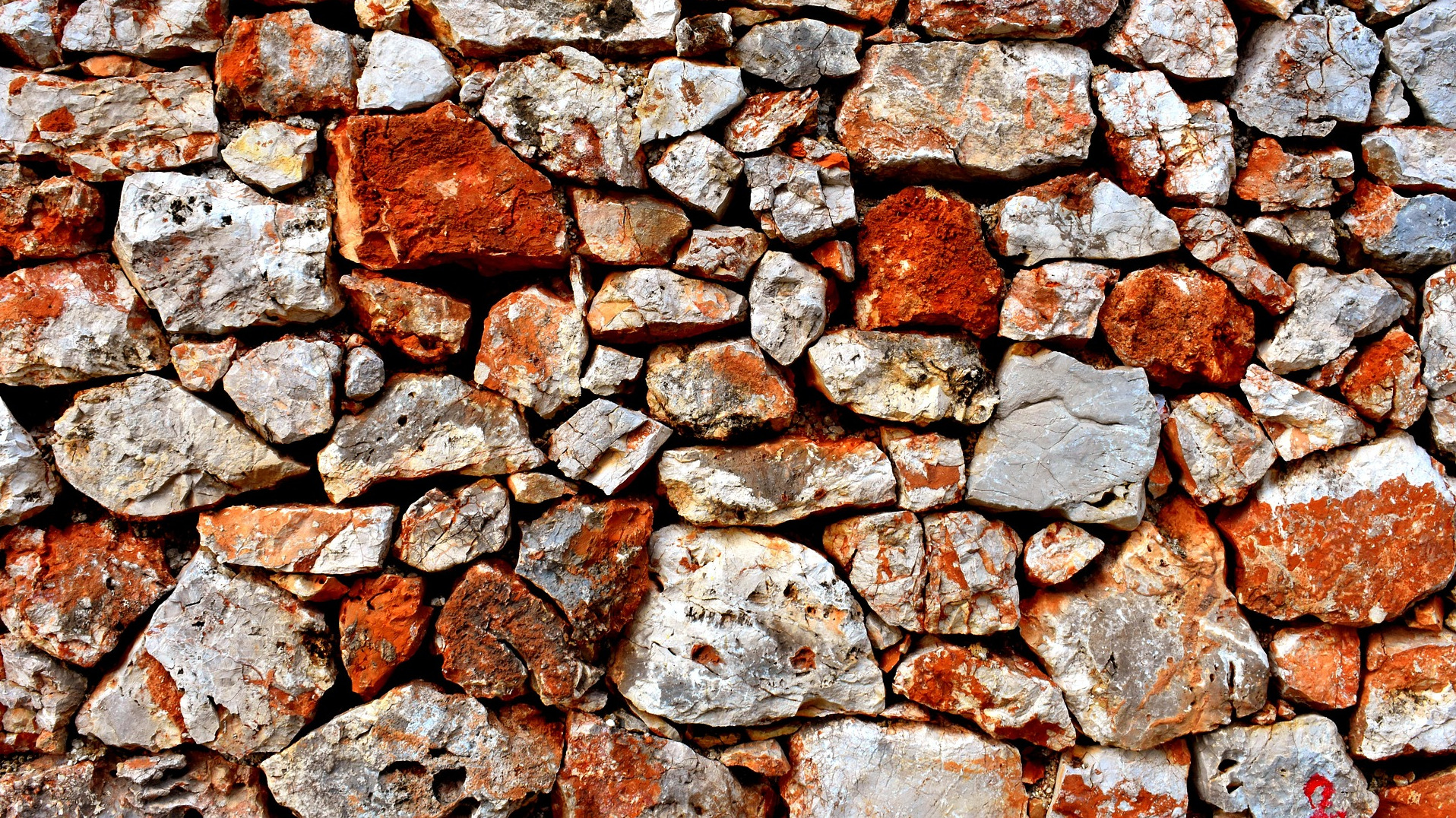Gallstones: Causes, Symptoms, and Natural Remedies
Gallstones are solid deposits inside the gallbladder, a small organ beneath the liver that stores bile.
Bile is the liver's digestive fluid, containing water, salts, lecithin, cholesterol, and other substances. When the concentrations of these substances become imbalanced, they can solidify and form gallstones.
Gallstones can vary significantly—from as small as a grain of sand to as large as a golf ball. In the United States alone, around 20 million people are affected by gallbladder disease, often related to gallstone formation. Gallstones can cause excruciating pain when they block the bile ducts, a condition known as a gallbladder attack.
How Gallstones Form
When bile becomes concentrated due to gallbladder dysfunction, cholesterol and bile salts solidify, forming gallstones. There are two main types of gallstones:
- Cholesterol stones, which are the most common, form when the bile has excess cholesterol.
- Pigment stones, composed of bilirubin, develop when the liver produces too much of this substance.
Gallstones often develop silently, without symptoms, but as they grow, they may trigger severe abdominal pain, especially after consuming fatty foods. This pain is typically in the upper right abdomen and radiates to the back or shoulder blades.
Risk Factors for Gallstones
- Obesity
- High-fat diets
- Rapid weight loss
- Hormone replacement therapy (HRT)
- Genetics (family history)
- Certain medical conditions like diabetes or cirrhosis
Symptoms of Gallstones
In the early stages, gallstones may not cause any symptoms. However, as they enlarge or block the bile duct, the following symptoms can occur:
- Severe pain in the upper right abdomen or center
- Nausea or vomiting
- Jaundice (yellowing of the skin and eyes)
- Pain worsened by eating fatty or greasy foods
Prevention Tips
To prevent gallstones from forming or worsening, adopting a lifestyle that supports overall digestive and liver health is important. Consider the following:
- Maintain a healthy weight with a balanced diet and regular exercise.
- Hydrate adequately, as dehydration can contribute to bile concentration.
- Incorporate herbal teas like dandelion and milk thistle into your daily routine.
- Limit consumption of high-cholesterol foods and saturated fats.
When to Seek Medical Help
While home remedies can help manage mild symptoms, severe cases of gallstones or recurrent gallbladder attacks require medical attention. In some instances, surgery (cholecystectomy) may be necessary to remove the gallbladder entirely. If you experience intense, prolonged pain, jaundice, or fever, consult a healthcare provider immediately.
Natural Remedies and Home Treatments for Gallstones
Many natural remedies aim to stimulate bile flow, reduce inflammation, or prevent the formation of new stones. It is important to consult a healthcare professional before attempting any home treatment, especially if symptoms are severe.
Dietary Adjustments
A diet low in saturated fats and high in fiber can help reduce the risk of gallstone formation. Focus on:
- Healthy fats: Incorporate sources of Omega-3 fatty acids like flaxseed, chia seeds, and fish oils.
- Trim visible fat from meats and avoid high-fat dairy products, opting for low-fat alternatives instead.
- Avoid processed and fried foods, as well as high-fat snacks like potato chips, cheese spreads, and nuts.
- Increased fiber intake: Soluble fiber from oats, avocado, and leafy greens helps regulate bile and cholesterol.
Additionally, gradual weight loss through a balanced diet and regular exercise can reduce gallstone risks. On the other hand, rapid weight loss or extreme dieting may increase the risk of gallstone formation.
Herbal Remedies
Herbs have long been used to support gallbladder health and bile production. Here are some key herbs known to help:
- Dandelion: Contains compounds like taraxacin, which stimulates bile production and helps flush out stones. Dandelion can be consumed as a tea or added to salads.
- Milk Thistle: It contains silymarin, a powerful antioxidant and anti-inflammatory agent that supports liver and gallbladder function. Milk thistle tea or capsules can be used regularly.
- Oregon Grape: Promotes bile production and can help reduce inflammation in the gallbladder. It is often combined with dandelion and milk thistle for synergistic effects.
- Wild Yam: Known for increasing bile flow, wild yam helps alleviate pain and reduce spasms in the bile ducts. It can be taken as a supplement or in tea form.
- Rosemary: Stimulates bile production and aids in fat digestion. Rosemary can be added to meals or used as an essential oil for its therapeutic effects.
Chinese Herbal Medicine
Traditional Chinese Medicine (TCM) offers a blend of herbs used to balance internal health and dissolve gallstones:
- A combination containing Glauber's Salt, Radix Curcumae, and Flower Lonicerae helps dissolve gallstones and relieve pain. These mixtures are often available in health stores or online as supplements.
Ginger
Ginger helps convert cholesterol into bile acids, potentially preventing the formation of new gallstones. It can be consumed fresh, as tea, or in powdered form in daily cooking.
Crampbark
Crampbark relieves smooth muscle spasms in the bile ducts, reducing pain caused by gallstones. It can be consumed as a tincture or capsule.



